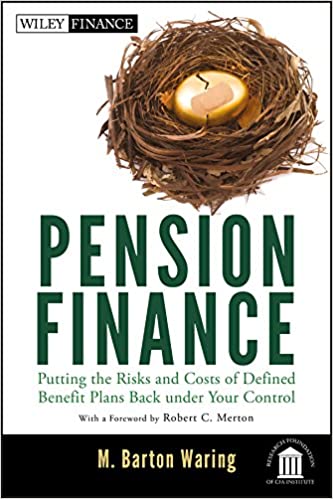UK. Pensions risk transfer market resilient against Covid-19
The UK pensions risk transfer market has so far shown remarkable resilience to the economic impact of the Covid-19 pandemic. Although market conditions may mean some schemes will be further away from being able to de-risk than they were before the pandemic, the market remains busy and others will still be in a position to proceed with planned risk transfer activity. We can also expect to see a greater volume of forced transfer activity reaching the market in the...





